
CEO By Day. Internet Sleuth By Night.
How entrepreneur Noah Brier amassed a 14,000+ note research archive, and uses it to run his company and improve his life
February 8, 2020
It’s 2 am.
Chances are that Noah Brier is sitting in his living room frantically Googling.
His employees have long ago signed out of Slack, and his kids are probably asleep in the other room.
But Noah is awake because he wants to be the first to know. His passion is researching the answers to obscure questions like the origins of the 2x2 matrix or the original source for an esoteric quote by sci-fi writer Frederik Pohl.
The goal, he says, is to find answers that no one else has ever found before.
He compiles the results of these research sessions into a gigantic 14,000 note Evernote archive with everything he’s read over the last 5 years.
And he uses these notes to write — voluminously. He thinks of writing as a way to think better. It also helps him in his day job, first as co-founder of Percolate which raised over $70mm from top investors before being acquired by Seismic in November, and now as the CEO of his next startup Variance.
So why does he do all of this? “I don’t know man, some of us are just obsessive,” he says with a smile.
In this interview, we get to hear how Noah became so obsessed with internet research, his system for hoarding articles in his Evernote, why he starts every project (article or otherwise) by writing in a Google Doc, and how he keeps his to-do list fresh with OmniFocus. Let’s dive in.
Introducing Noah
I’m the co-founder of Variance. We got started last year and our vision is to help people inside companies gain mastery over their tools.
Previously, I co-founded a marketing technology company called Percolate (which was recently acquired by Seismic) and have also worked as a strategist, journalist, and community-builder.
In addition to my startup, I also send an email every day called Why Is This Interesting? with my friend Colin Nagy. We explain an interesting topic and also include a Thing of the Day (usually a picture) and a few links to stuff around the internet.
He was born to research
For as long as I can remember, researching has always been my obsession. You probably know some people who always end up going down random rabbit holes — well, that’s me. It’s a deep personality trait.
In middle school, my history teacher had a winter break challenge where he asked us to answer a research question about the XYZ Affair.
And the deal was the person who came back with the right answer first would get the whole next quarter off from tests and quizzes. Which is pretty good motivation if you’re in 8th grade.
So I spent the entire Christmas break researching to find the answer to this question. Hours and hours of research.
And something really weird happened: I found two right answers. Basically different books I found had different answers to the same question. There seemed to be a moment in time when the answer changed and everything after that had the updated version.
To get to the bottom of it I ended up calling the author of the book that seemed to mark the turning point, who was a professor at Syracuse University. And I'm like, 12 years old, and I think he’s not going to pick up and I’ll just leave a message.
But he picks up the phone, and he talks to me. And he says, “Your teacher is incorrect, and he was proven incorrect by me.”
So I ask, “Um, can you send that to me in an email?”
And he sends me an email which included a reference to the original document he had uncovered that proved my teacher’s answer wrong.
My teacher had been asking this question for 15 years and offering this prize. And people had been getting the answer right, but it was the old disproven one.
So I brought him my answer — which was that his answer was wrong. He was pretty surprised, but I got an A for the quarter, and he ended up retiring the question after that.
Research has been a big part of my personality since then — I actually still do this.
Recently, I was up until midnight one night after I put my kids to bed, just sitting there and doing research for no reason into the origins of a particular quote.
And at the end of it, I found an answer that I don’t think anyone else in the world has ever found. And that’s fun.
He reads a lot and archives everything
Like I mentioned, as I’ve gotten older, the urge to dive deeper hasn’t waned. It just manifests in a digital notebook now.
Once I’ve read something, it gets added to my Evernote.
I don’t think of my Evernote as a way to keep organized, or really a productivity application at all. I don’t take notes in it either.
Instead, I treat it as an outboard brain. At this point, I have over 14,000 notes that encompass just about all the things I’ve read over the past five years.
There are three main reasons that I love Evernote: PDF highlighting, easy article capture, and full text search.
First, I use PDF highlighting to mark the important sections of a document as I’m reading. Then Evernote aggregates the highlights together and brings them up to the top of the document for me.
This is great because when I’m looking for something it helps me quickly read through only the parts I’ve already identified as important, and that saves me time.
The second thing that’s great is the easy article capture. It’s just really easy to add articles to Evernote.
On my desktop, I use the Evernote browser extension to read, highlight and save an article to my archive. The highlighting functionality is especially useful because I highlight while I’m reading and then just send to Evernote with one click.
On mobile, I actually activate Reader Mode in mobile Safari and then email it to Evernote through my personal Evernote email address. Reader Mode is the very best trick in the world for article clipping on mobile — because it just strips everything out except for the text and images and when you hit share out of that view it includes the full text in your email.
I also capture all of my own writing. I subscribe to my own newsletter Why Is This Interesting? using that Evernote email address, so they automatically get added. I set up my Twitter this way too (with IFTTT) so that everything I post automatically gets added. I also forward a lot of other emails there using Evernote’s @notebookname feature to route it properly.
The third, and biggest, reason I use Evernote is the full text search of my entire archive. As I mentioned, everything that I read or create ends up in here. I know some people use tags or try to organize their Evernote when they add new material, but I don’t worry about that kind of stuff. Whenever I want to surface a particular piece of writing, search has always found it.
With these features I’ve developed a fantastic ability to find things that I’ve read before.
Over the years I’ve even developed a reputation for having this repository of articles that I’ve built, almost like a personally-curated digital library.
So, as a result, I get asked really frequently for, “Do you have a framework for this?” and questions like that. Because people know that I can usually find something.
How he remembers the important stuff
I don’t have a special process to recall the things I save in my Evernote. For example, I save a lot of articles about mental models. But I don’t try to memorize them. Instead, I find that if something really matters, it will stick around in my head. It’s at that point that I’ll write about it.
For example, a few months ago I wrote an edition of Why Is This Interesting? on Waldenponding. I first read about the topic months ago, but I found myself sending the link to people all the time and bringing it up in conversations with friends. After doing this enough times, I knew it was important. It gave me a clue that I should write about it.
So I searched my Evernote, re-read the related articles I had saved, and then started writing.
That’s the thing about ideas — if I read something and it’s important, it will keep popping up. You can’t force it. I just read what’s interesting and trust that the things that matter will stand out.
His thinking process always starts with writing
No matter what I’m doing, even something like putting together a big presentation, I start out by writing out the narrative. I’m not starting in Keynote, I’m starting in Google Docs.
My co-founder at Variance (and Percolate), James has this saying he picked up: “Does it write?” The thought in your brain might make sense, and it might even make sense if you talk about it, but if you try to write it you’ll find out if you really understand it.
I teach a class every year at the University of Montana. Even though the class spans hours of lectures over the course of a semester, I have a strong point of view my preparation for any lecture starts with writing a narrative.
I write it out in Google Docs and include screenshots and footnotes that link back to articles in my Evernote.
It’s only then that I’ll transfer the whole thing to a Keynote, and get it designed.
Another benefit of doing my lectures this way is that I can print off the text version of the lecture and hand it out to students after class. It acts as a more valuable leave-behind than just a couple slides. Plus then they can all put their computers away and not worry about writing down everything I say.
He scales company culture through Notion
Having built a company before, I spend a lot of time thinking about how to build Variance for the future. You’re not just building it for now, you’re building it for years from now.
And one of the key things in a company is, How do you get everybody on the same page? How do you help them understand what’s important and what’s not important?
So one of the best solutions I’ve found to help with this is writing. Writing scales better than anything else. The beauty of things that are written down is that they can be consumed at any time, anywhere, by anyone in the organization.
That’s why we document everything at the company in Notion.
The Front Page is where new employees begin: it acts as an introduction to Variance. It’s a place to work, a place to document things, and an archive all in one.
A lot of what this is doing is helping us try to document the culture. Culture is this level of a company that allows you to not have a process for things. It’s super powerful
The goal of documenting is to ensure that the culture is well-established and thought through.
A lot of the work that I’ve done is using writing as a way to create a shared understanding between people so that there’s a foundation everyone can work off of. I’m spending a lot of time thinking about this right now as it’s pretty central to what we’re building at Variance.
We store everything from our brand — what colors and fonts we use — to competitive research, to articles we’ve read in our Notion. It’s great.
One consequence of having a company Notion is that it requires a lot of upkeep. It’s hard to know if something is going to be useful when you put it in our Notion, so it can become stale over time.
I’ve become the de-facto librarian for our team, which is fine right now because it only takes me a few minutes every week to clean it up, but what happens when there are more employees?
That’s why a lot of productivity applications fail — they just get bogged down with too many useless links and the best way to deal with it is just to choose a new app and start from scratch.
I can even imagine a future where companies hire digital librarians to manage knowledge databases for them.
How he uses OmniFocus
I use OmniFocus for keeping track of things I want to do. But I’ve only been using it for a few months — I've never really gotten a todo list system to stick, but this seems to be working for me so far.
The keyboard shortcuts are one of my favorite features - by typing Option+Command+Space I can create a new to-do very quickly.
I also use it to save articles that I want to read later. The first thing I do when I find a new article is put the link into the Inbox section. Most of these are recommendations from friends or things I found online so it’s easy to remember the context without adding a note.
For example, right now I’m researching SaaS apps so I have a bunch of links related to that.
I also use the Forecast view as my default To-Do list.
OmniFocus has also been helpful for writing Why Is This Interesting? A lot of the research gets stored as projects in my OmniFocus. If I find that I have three or four links on a particular topic, that’s a sign that I probably enough material to start writing about it.
And since the Thing of the Day and the links aren’t time-sensitive, it’s easy for me to drop in interesting charts, picture and articles whenever I come across them. Once I put them in one of the WITI editions, I mark them off the list so that I don’t send repeat links.
How he keeps projects up to date
OmniFocus has been great for to-dos, but my favorite part is the review functionality.
OmniFocus has a section just for reviewing projects. Basically for any project I can select a review period and the app will remind me to check-in and prune or rework the tasks.
I created a ritual around it — every Thursday afternoon at four o’clock I set aside a half hour just to review my projects. I go through all my links and ask myself, do I really care about these anymore? It’s an awesome feature and I haven’t seen it in other applications.
A book recommendation
Thinking in Systems: A Primer by Donella Meadows. It took me a try or two to get going on this. I had to be in the right mindset. But when I was, I found it to be an incredibly clearly articulated set of principles for how systems function and why you should care about them.
If you’re not ready for the book, it’s at least worth poking around this small collection of her systems thinking resources. (I also keep a list of some other favorite books here.)
Adam Keesling served as a contributing writer on this post.
Want to make this interview more actionable? Consider getting a Premium Membership:
We’re striving to make Superorganizers Premium everything you need to live a productive life — for just $15 / month.
When you become a member you’ll get:
- Access to templates, tips, and explainers to help you apply the productivity systems we cover in just a few clicks
- In-depth articles only available to subscribers
-
Access to 2 Superorganizers-only software products:
- Discounts on software and courses from other productivity wizards. Like this one.
- Members-only hoodies featuring old productivity software like Lotus Notes (coming soon!)
Find Out What
Comes Next in Tech.
Start your free trial.
New ideas to help you build the future—in your inbox, every day. Trusted by over 75,000 readers.
SubscribeAlready have an account? Sign in
What's included?
-
Unlimited access to our daily essays by Dan Shipper, Evan Armstrong, and a roster of the best tech writers on the internet
-
Full access to an archive of hundreds of in-depth articles
-
-
Priority access and subscriber-only discounts to courses, events, and more
-
Ad-free experience
-
Access to our Discord community
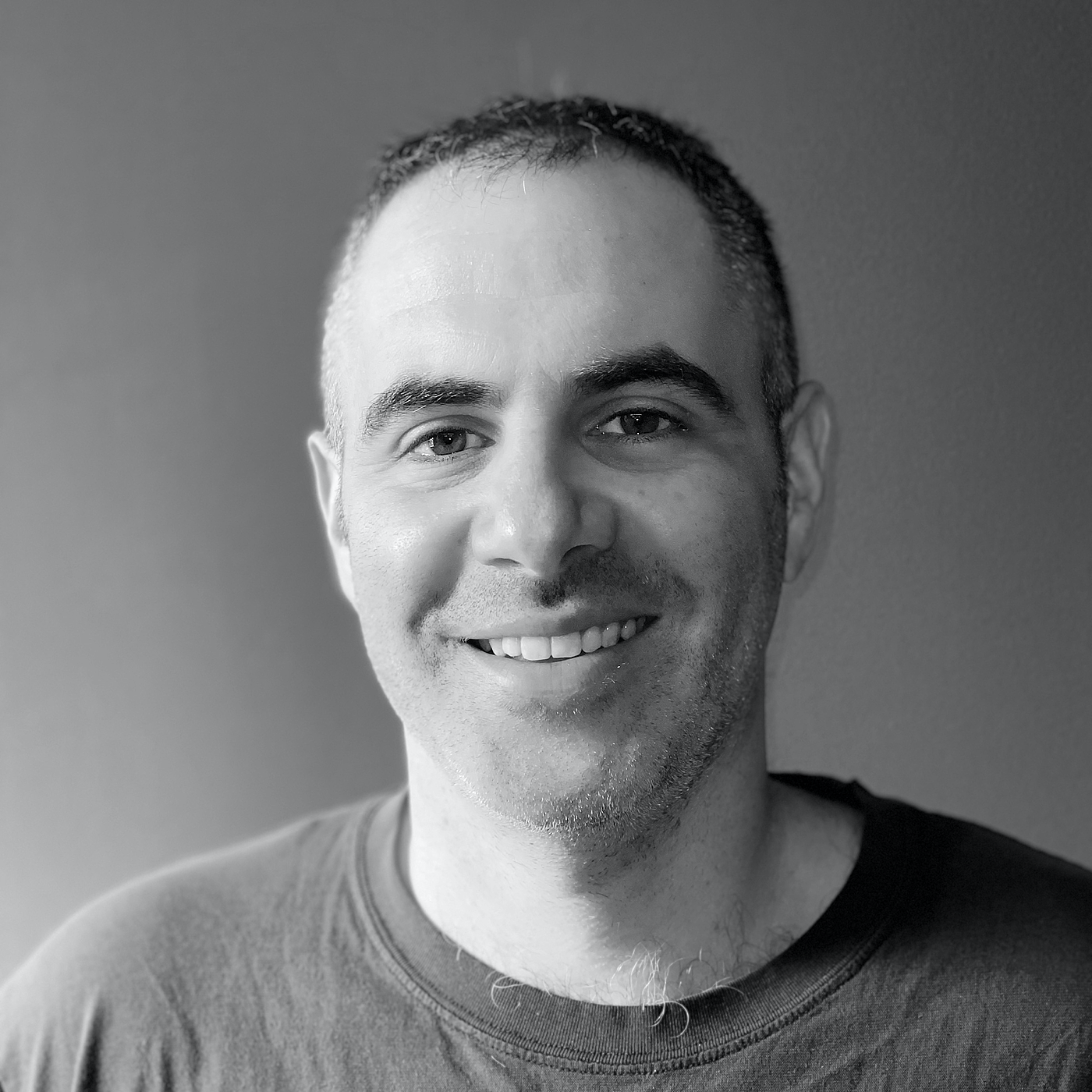
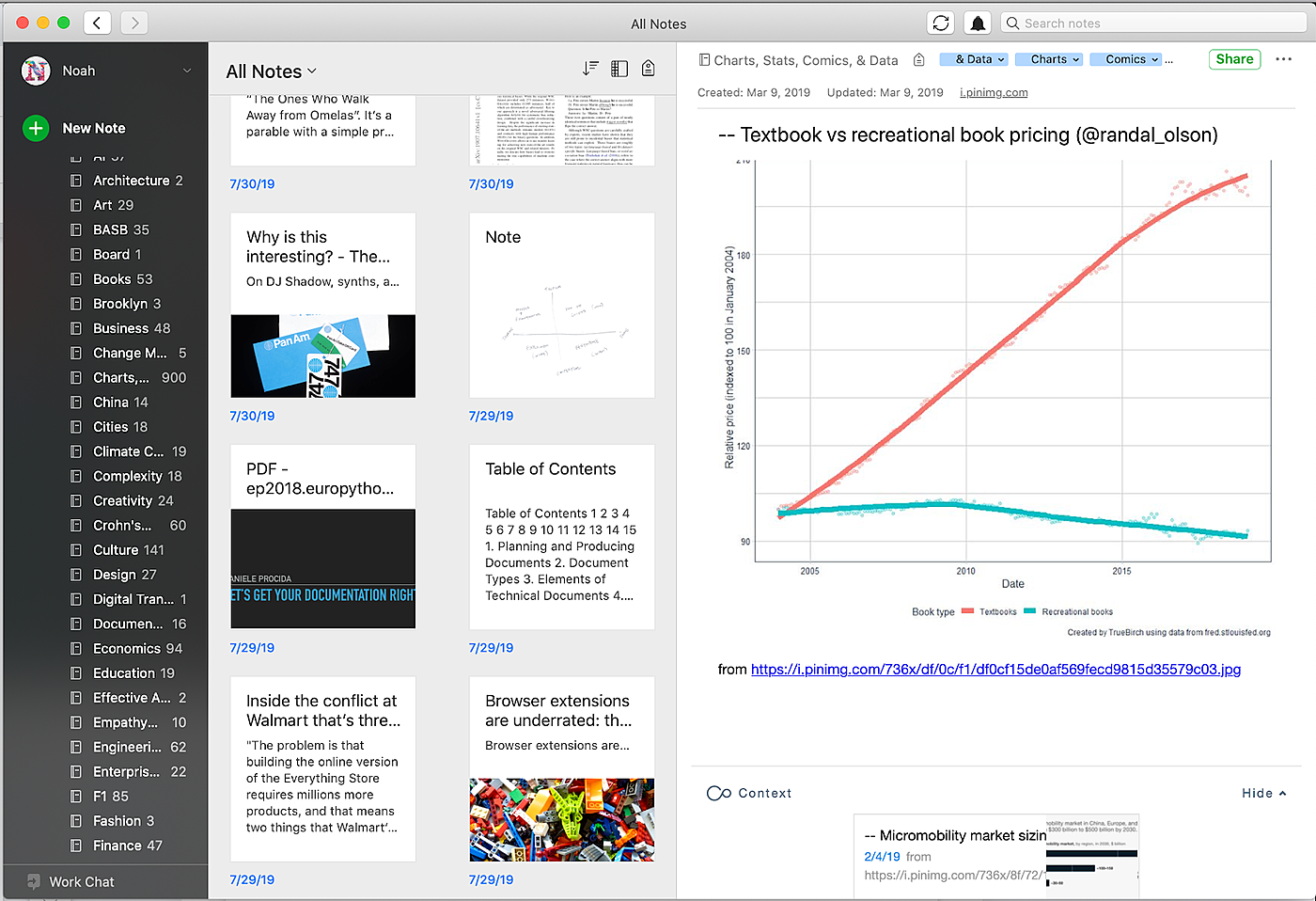
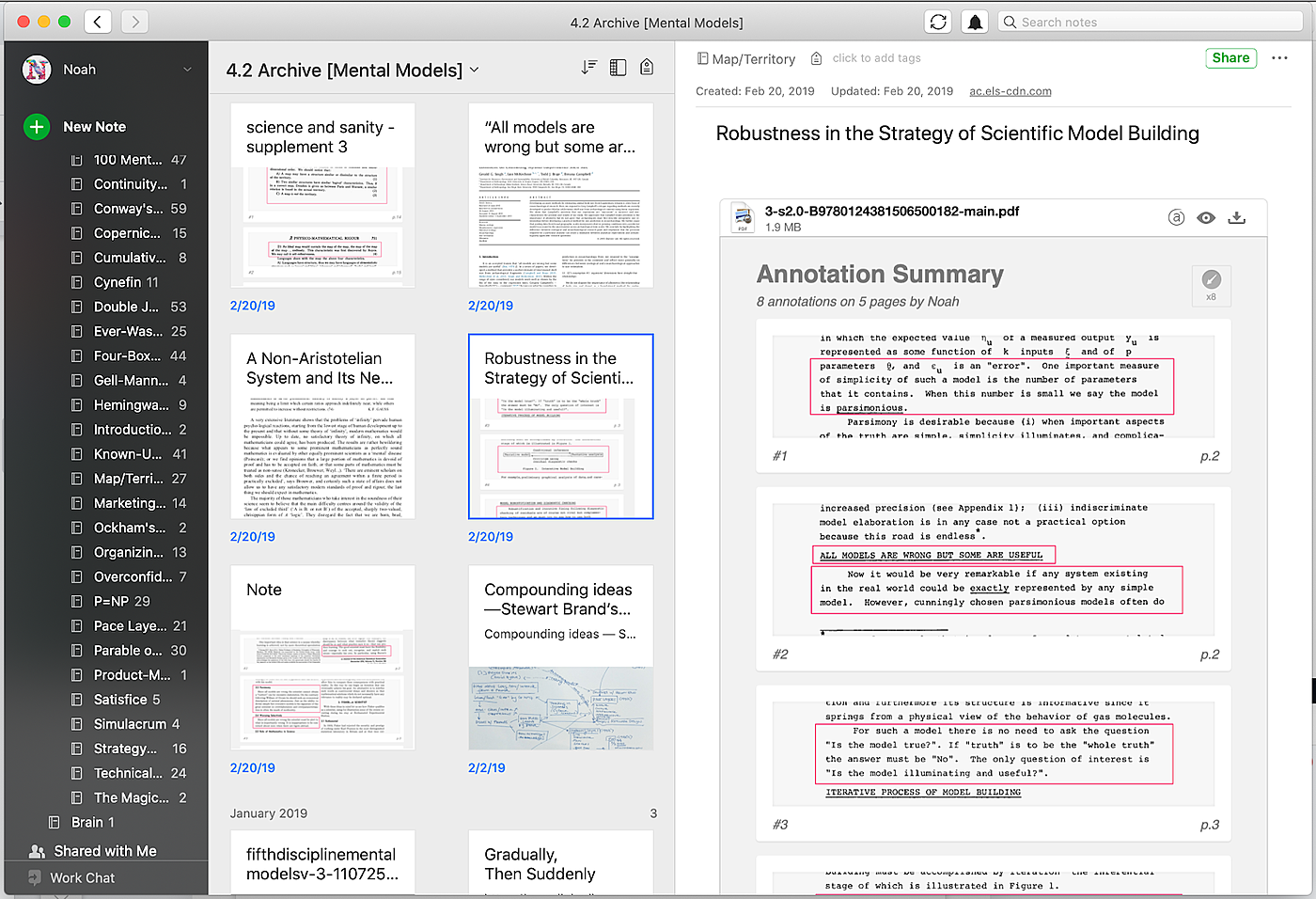
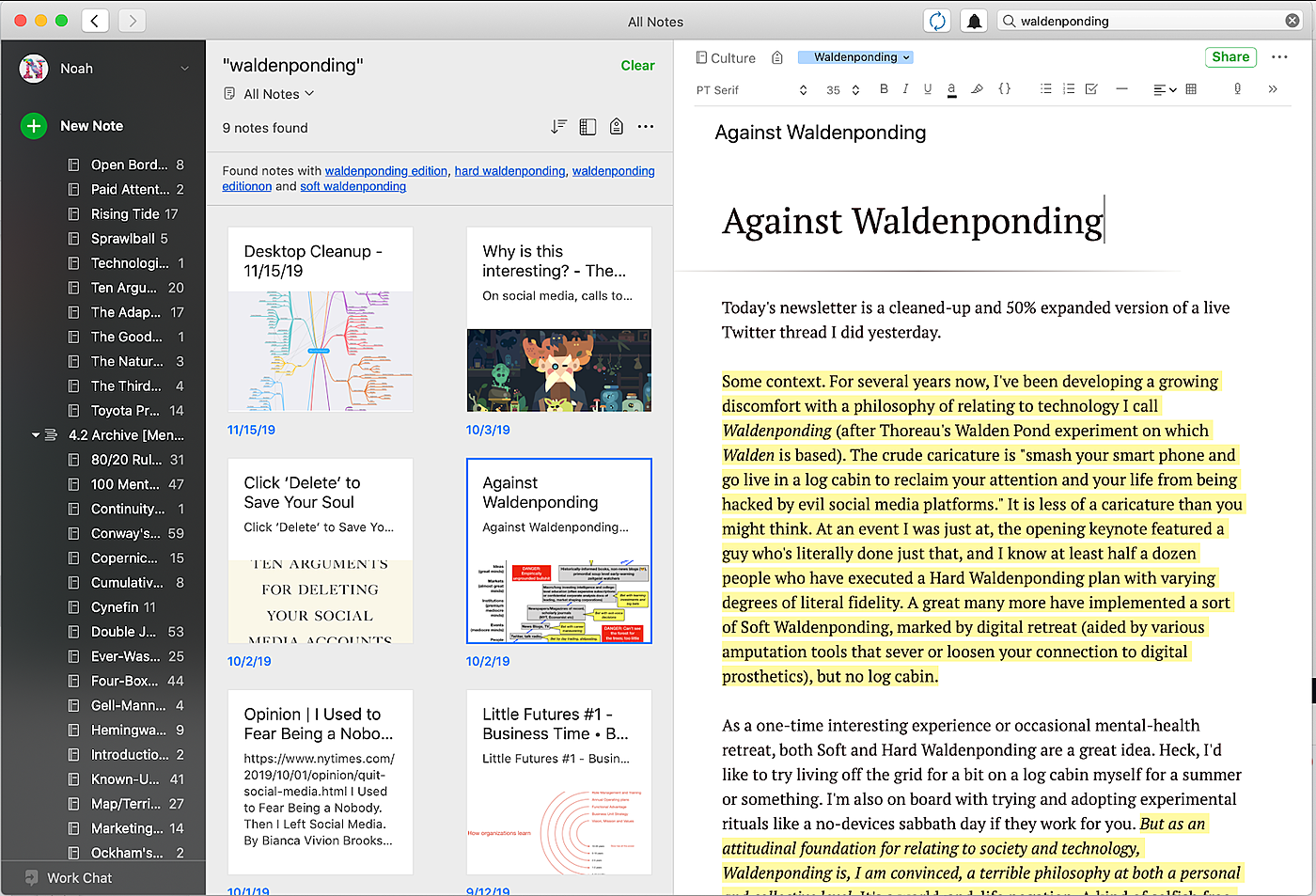
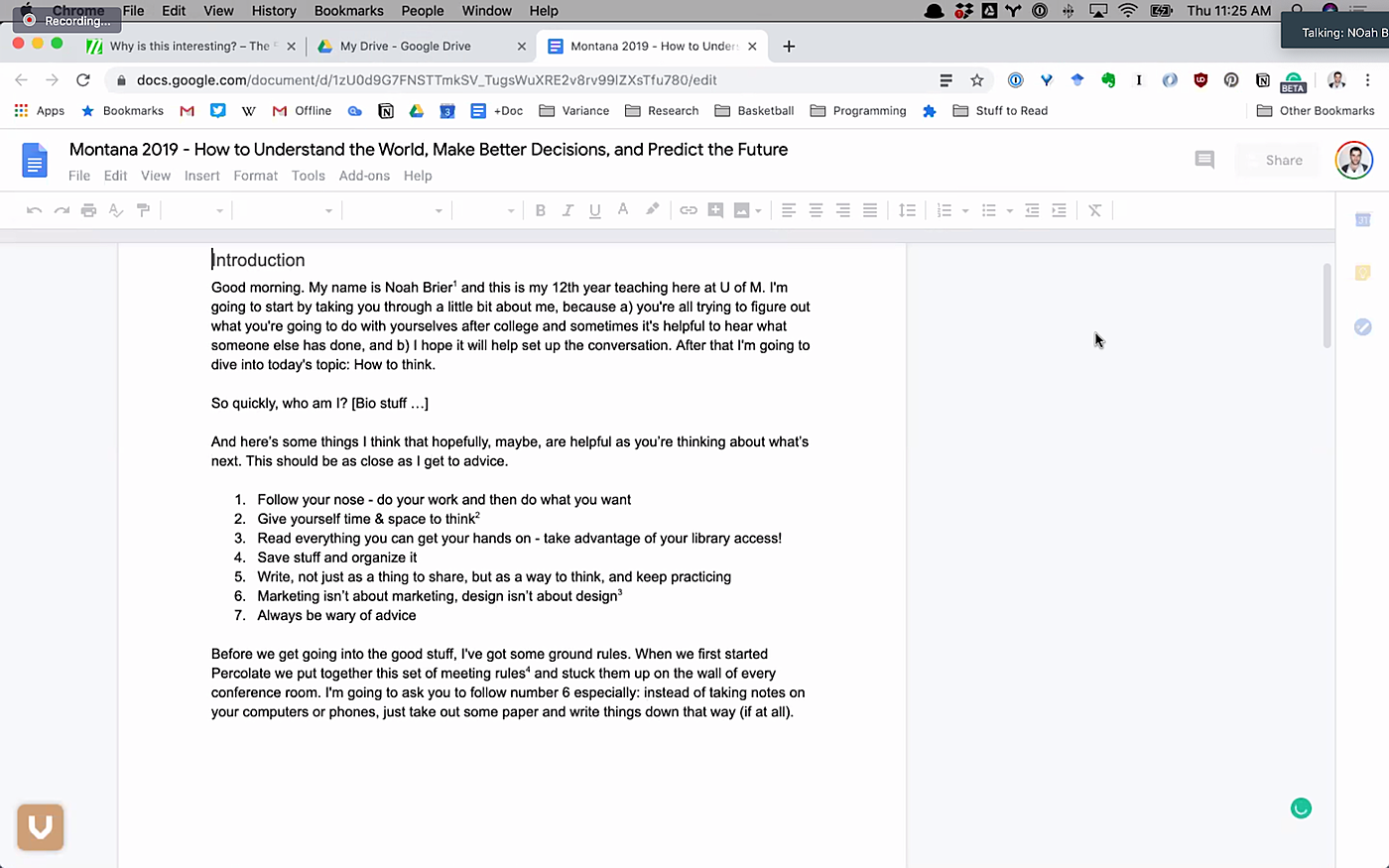
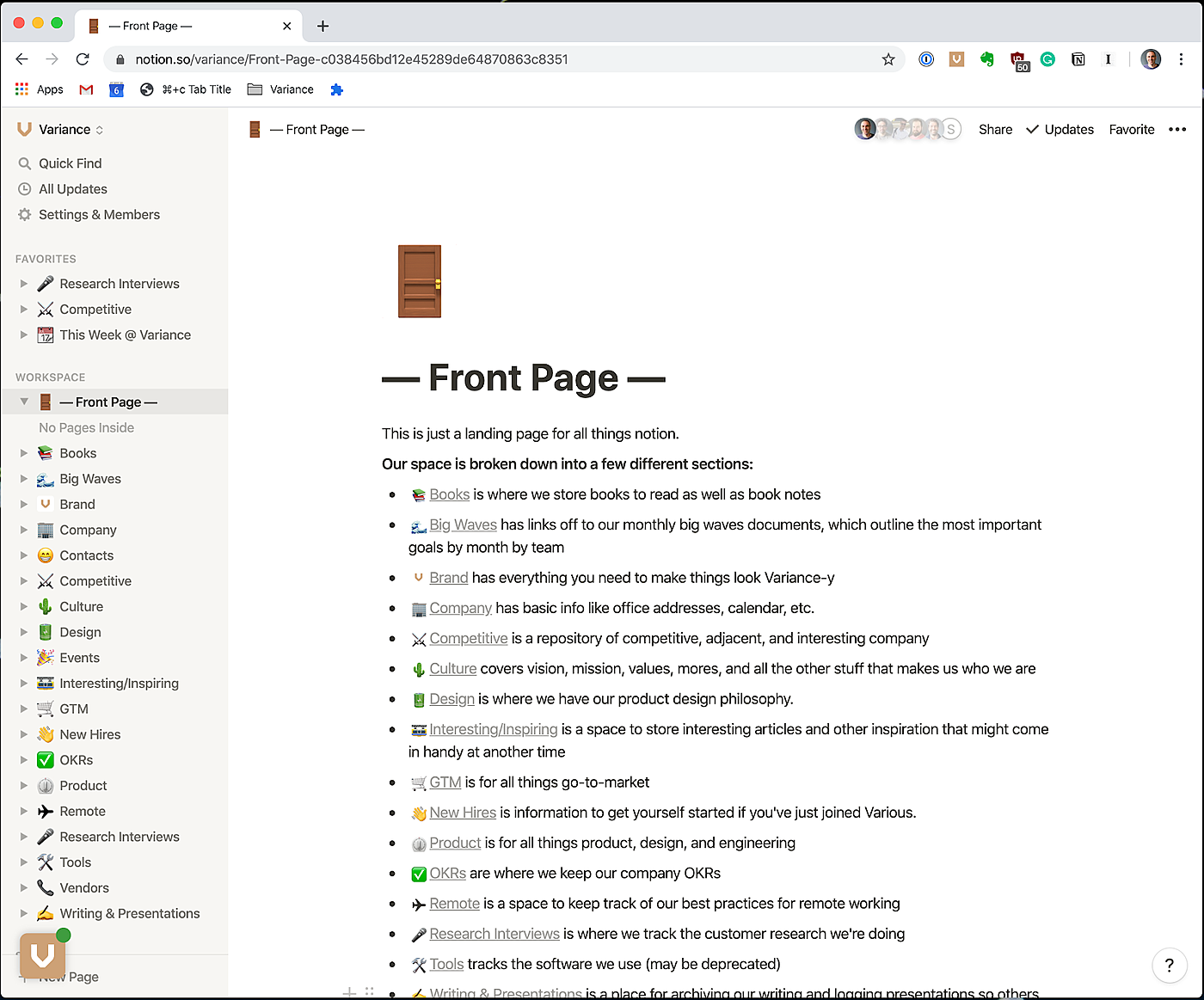
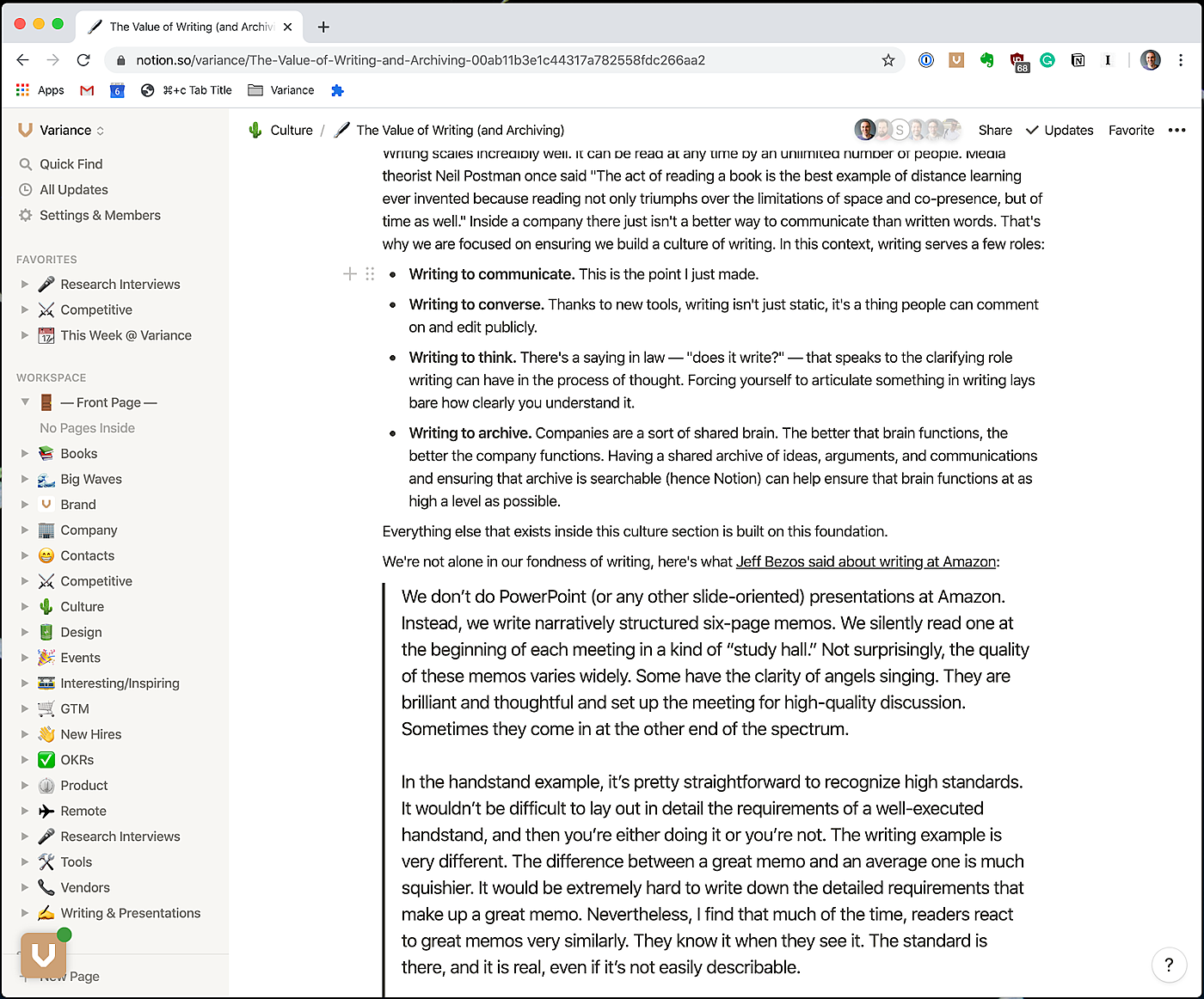
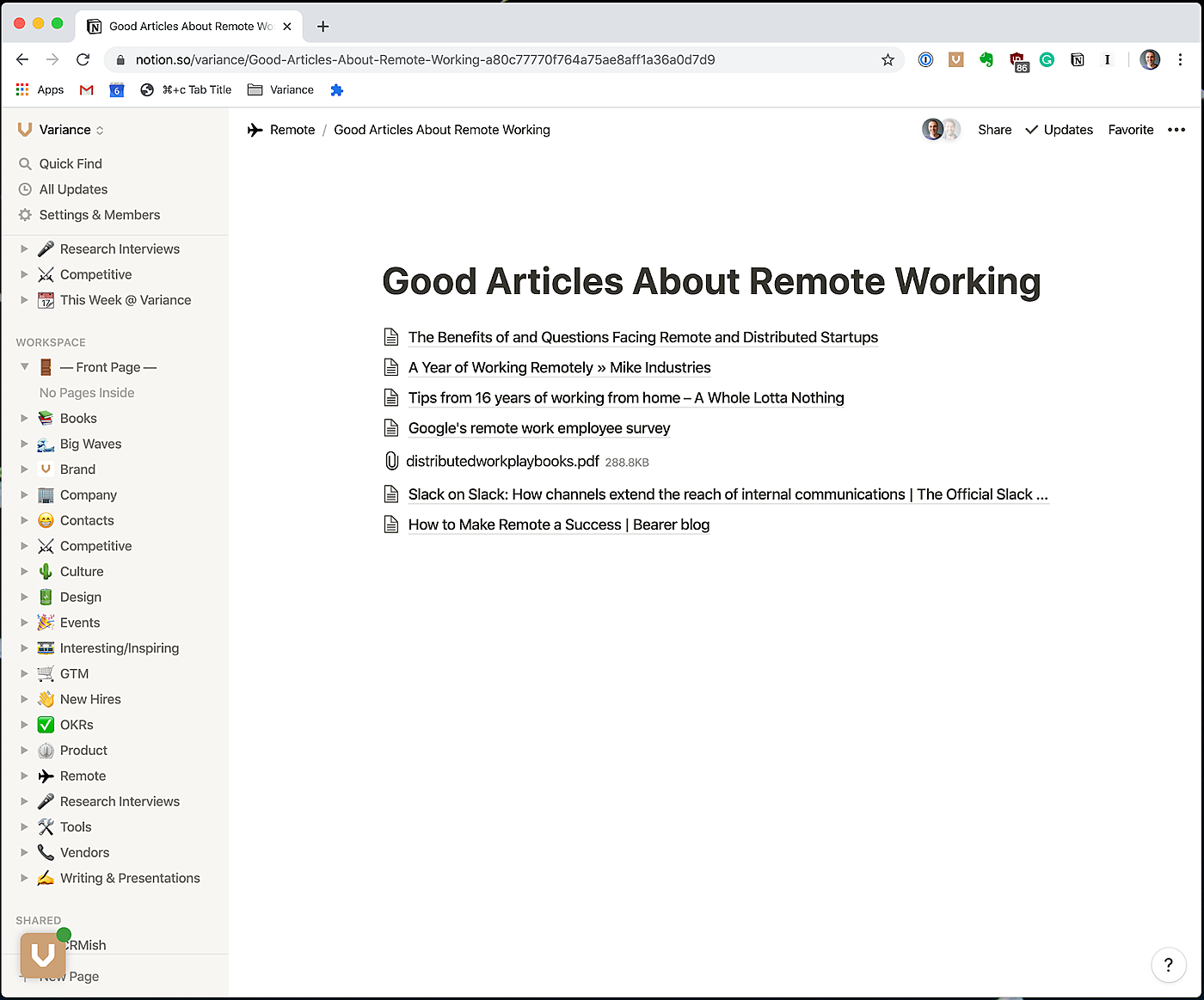
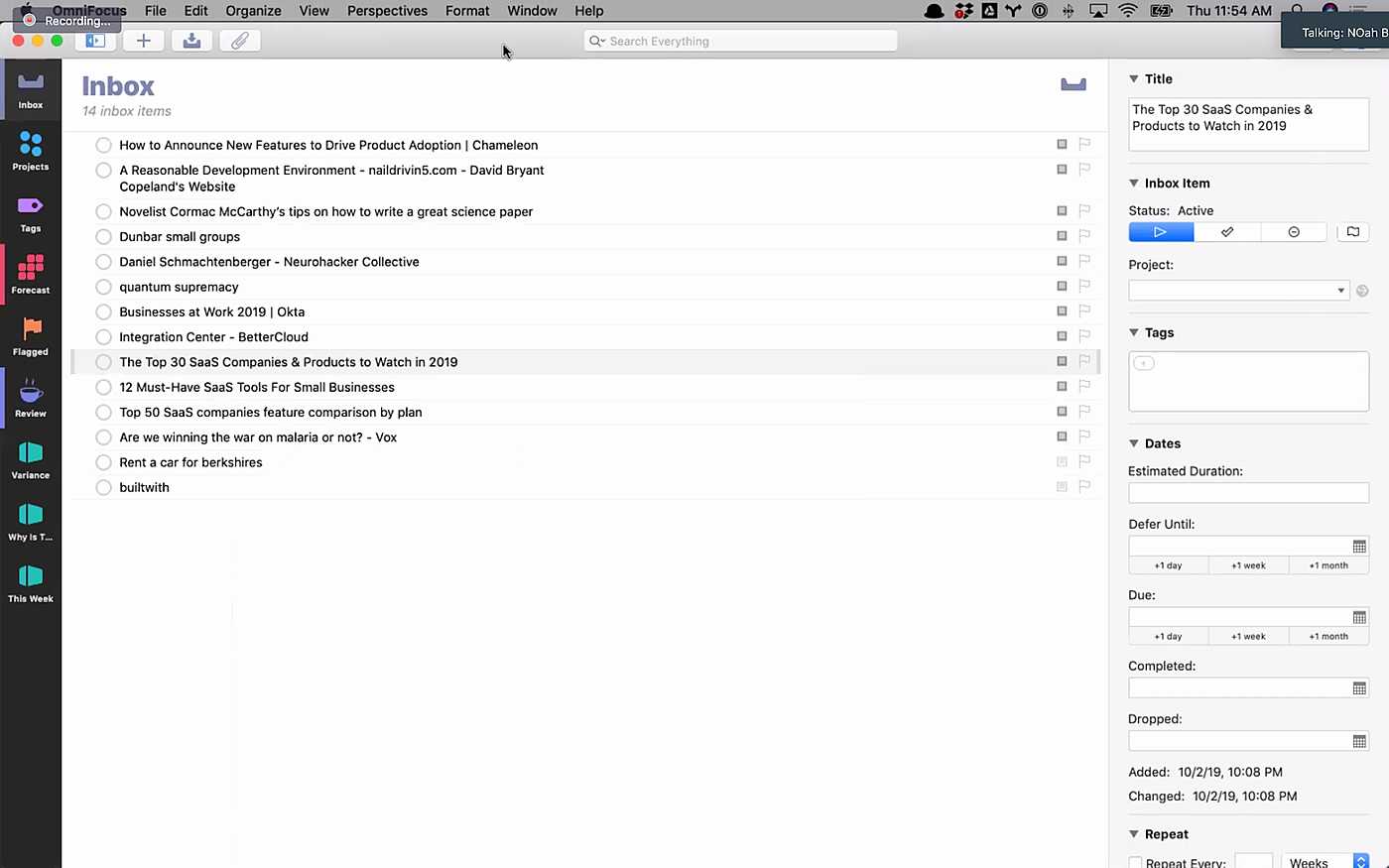
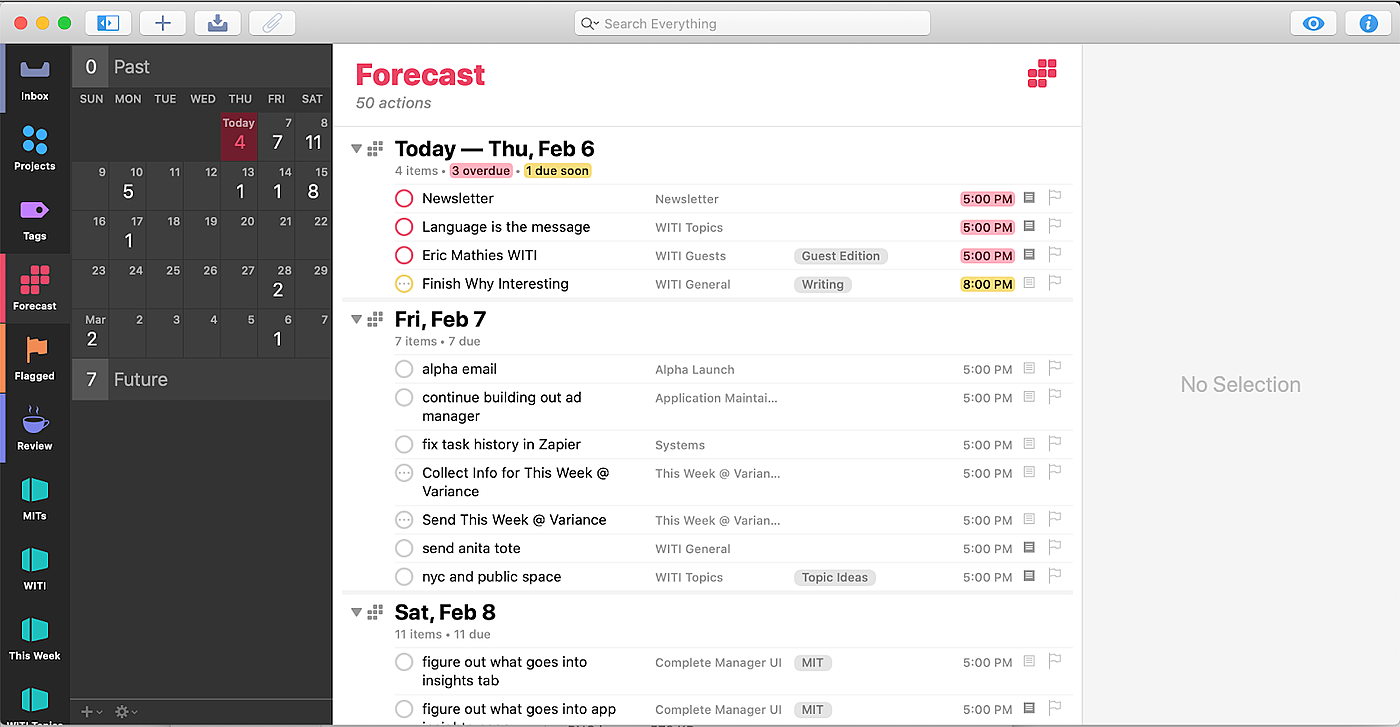
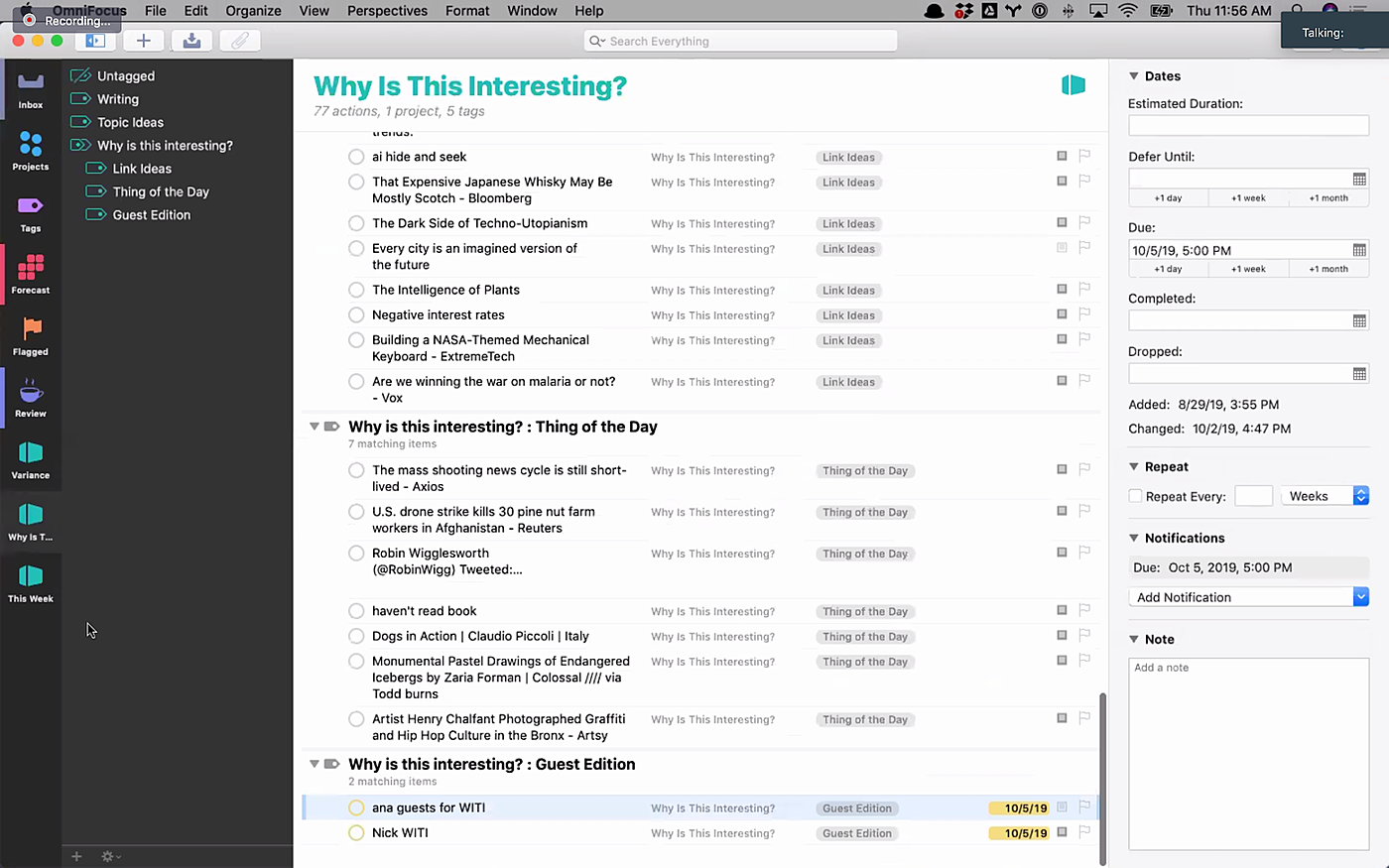
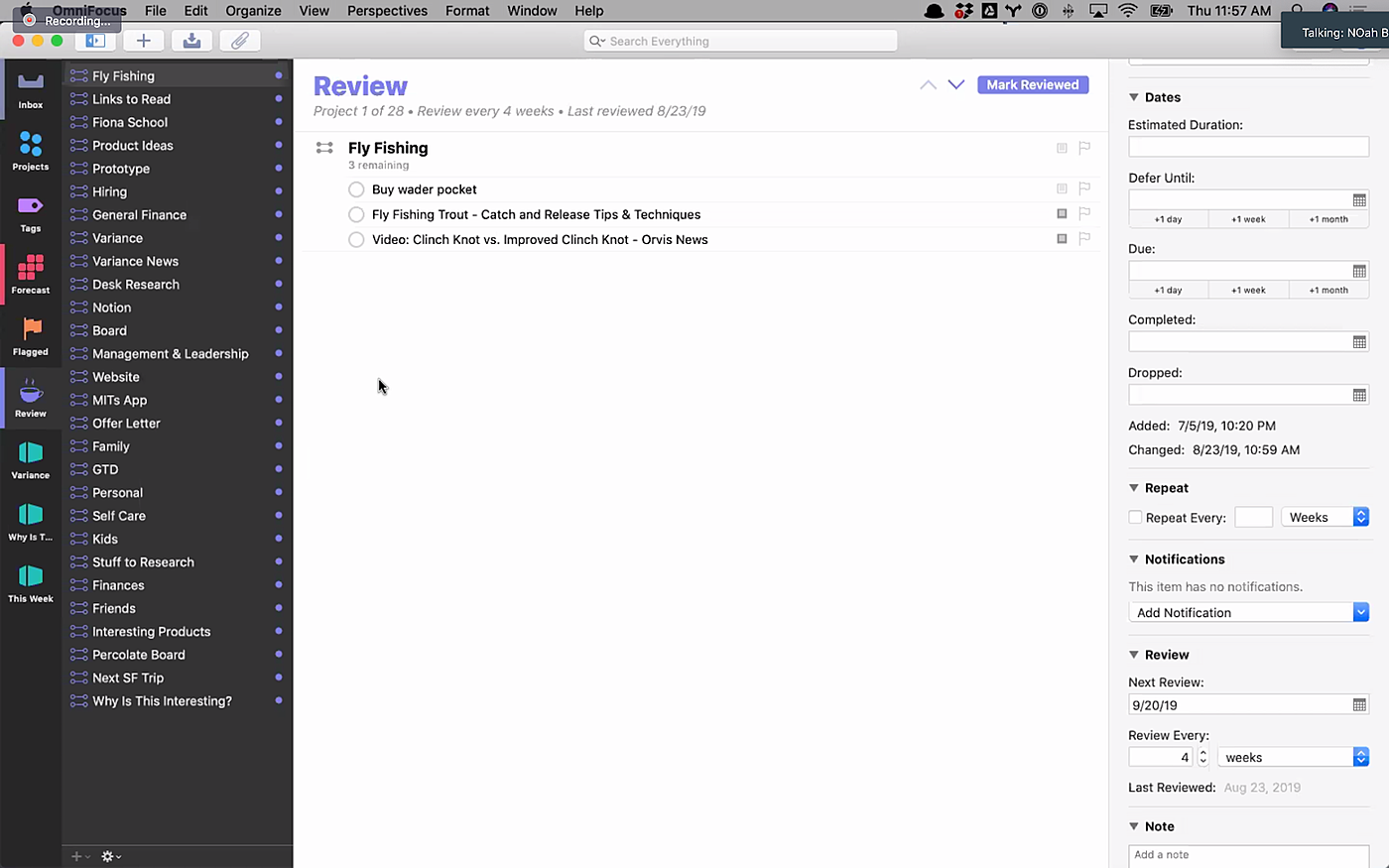
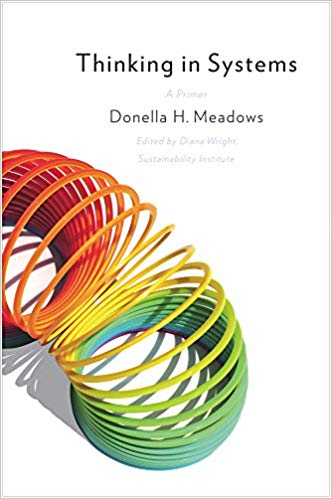


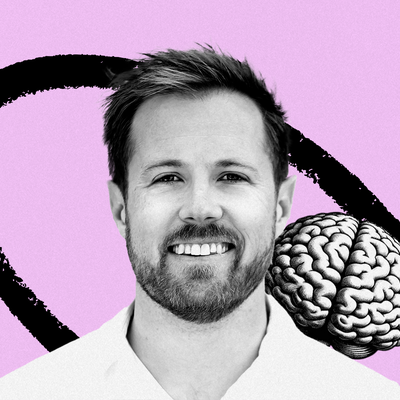

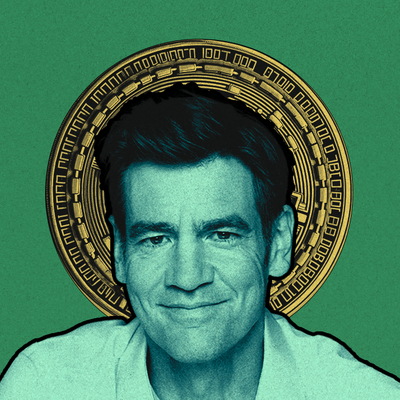
Comments
Don't have an account? Sign up!